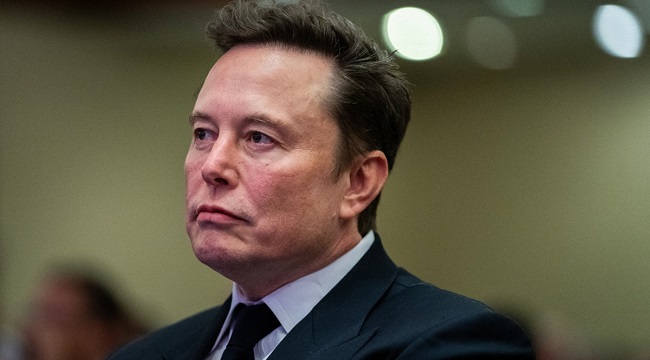Concerns are growing in the UK as tech billionaire Elon Musk takes an increasingly visible interest in Britain’s political scene, sparking discussions about his potential ties to hard-right lawmaker Nigel Farage.
With Musk set to hold a new position in Donald Trump’s incoming U.S. administration, there are fears that the world’s wealthiest individual could attempt to sway the UK’s relationship with Washington.
On Wednesday, Farage, who leads the anti-immigration Reform UK party, revealed he had held talks with Musk about potential financial support for his party. In an article published in the Telegraph, Farage mentioned that “money was discussed” during their meeting at Trump’s Mar-a-Lago resort in Florida on Monday.
“There will be ongoing negotiations on that score,” Farage wrote, likely unsettling both the ruling Labour party and the Conservative opposition.
Reports suggest Musk may be considering donating up to $100 million to Reform UK, though Farage told the BBC the exact figures were not discussed. Musk reportedly described both the Labour and Conservative parties as a uniparty and expressed his strong backing for Reform UK.
Farage emphasized the need to ensure any potential donations from Musk are made “legally through UK companies,” but the idea has already sent shockwaves through UK politics.
Reform UK made significant gains in the 650-seat UK parliament during July’s general election, siphoning votes from both Labour and the Tories. Farage is now eyeing the next general elections, which must be held by 2029.

‘Police state’ and the rise of the new right
Conservative party co-chairman Dominic Johnson warned that Musk’s support could appear like “buying” influence over a political party. Russell Foster, a senior lecturer in British and International politics at King’s College, noted that figures like Musk, Trump, and Farage represent a shift from the traditional “old right” to a more right-wing, populist movement.
“This old right wasn’t defeated by the left or the centre. It was replaced by a more right-wing movement,” Foster said.
Musk has been vocal, particularly targeting Prime Minister Keir Starmer’s Labour government. In November, he posted a series of critical comments on his social platform, X, accusing Britain of becoming a “tyrannical police state.” His remarks resonated with far-right social media users and influencers.
During the summer’s anti-immigrant riots—some of the worst unrest in recent years—Musk suggested on X that “civil war is inevitable” and criticized the government for being too harsh on the rioters. His comments earned him support from far-right corners of the UK online community.
In September, Musk even advised against traveling to the UK, accusing the government of releasing convicted pedophiles while imprisoning people for social media posts.
“He appears to believe he is on a mission against the establishment,” said Foster.
Pragmatism in UK politics
Observers believe Musk’s concerns about the UK government’s plans to strengthen social media regulation may have fueled his stance. Starmer faced backlash for pointing out that online content had played a role in fueling the riots, which may have contributed to Musk feeling snubbed when he was not invited to an investors’ conference in the UK.
Since the U.S. presidential election, Musk and Trump’s relationship has deepened, fueling concerns that this “bromance” could complicate Labour’s efforts to build stronger ties with the Republicans.
Traditionally, Labour has leaned towards the Democrats, but under Starmer, there has been a noticeable shift toward a more pragmatic approach to relations with the U.S., including Trump’s administration.
A Downing Street spokesman stated last month, “The prime minister looks forward to working with President Trump and his team, including Elon Musk.”
Peter Mandelson, a former Labour cabinet minister, called it “unwise” for Labour to ignore Musk and urged the party to be pragmatic and practical in engaging with figures like Farage and Musk.
“In politics, you’ve got to swallow your pride and build those bridges,” Mandelson said. “Whether you like them or not, you’ve got to be realistic.”


